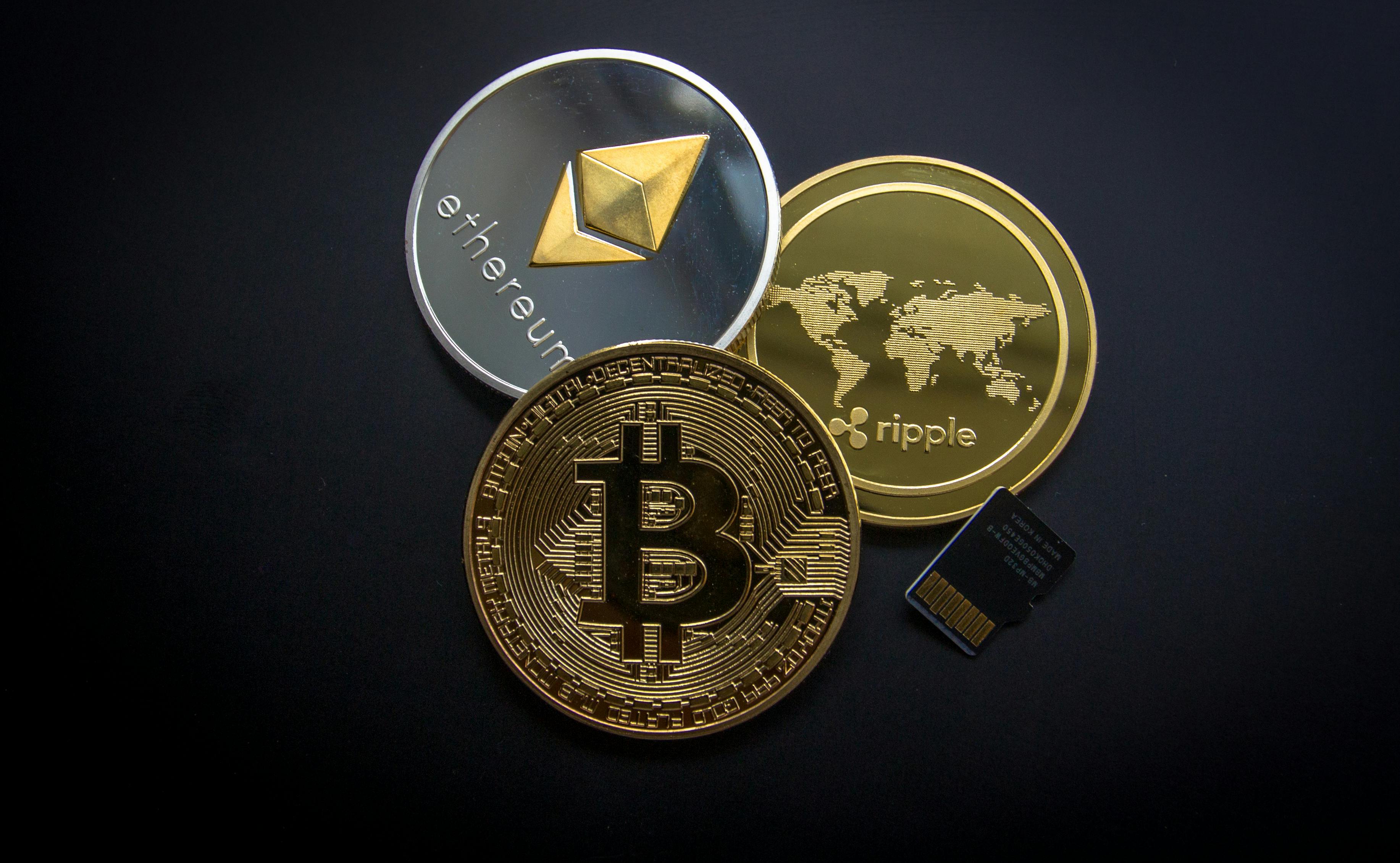
Global economies are facing one of the toughest financial environments in decades. Inflation has surged to a 28-year high in many regions, eroding household savings and increasing the cost of living. In this climate of uncertainty, a growing number of investors and everyday consumers are turning to Bitcoin and other cryptocurrencies, viewing them as a potential safe haven asset against currency devaluation and inflationary pressures.
But is Bitcoin truly the “digital gold” people hope it to be? Let’s explore why Bitcoin adoption is rising, how inflation is driving this trend, and what it means for the future of money.
Inflation reduces the purchasing power of fiat currencies. When wages stagnate but food, energy, and housing costs rise, households and investors seek alternatives to protect their wealth. Traditionally, gold, real estate, and bonds have served this purpose.
Bitcoin, however, has emerged as a 21st-century inflation hedge, thanks to key attributes:
Fixed Supply: Only 21 million Bitcoins will ever exist, unlike fiat currencies that can be printed at will.
Decentralization: No central bank or government controls Bitcoin, making it resistant to policy-driven devaluation.
Global Accessibility: Bitcoin is borderless, making it an attractive option in economies where inflation is even higher, such as Argentina, Turkey, and Venezuela.
The current economic backdrop is accelerating Bitcoin adoption:
Record Inflation Levels
With inflation hitting a 28-year high, consumers are losing confidence in fiat currencies and seeking alternatives that store value more reliably.
Mainstream Acceptance
Payment platforms like PayPal, CashApp, and Stripe now support crypto transactions. More retailers and service providers are beginning to accept Bitcoin as payment.
Institutional Investments
Hedge funds, family offices, and corporations such as Tesla and MicroStrategy have added Bitcoin to their balance sheets, legitimizing it as an asset class.
Generational Preferences
Younger investors, particularly Millennials and Gen Z, show stronger interest in Bitcoin than traditional safe havens like gold, accelerating adoption trends.
The comparison between Bitcoin and gold is at the heart of its reputation as a safe haven.
| Feature | Gold | Bitcoin |
|---|---|---|
| Scarcity | Limited supply | 21 million cap |
| History | Thousands of years | 14+ years |
| Portability | Physical | Digital, global |
| Divisibility | Difficult | Easily divisible into satoshis |
| Storage | Vaults, physical handling | Digital wallets, cold storage |
While gold remains a trusted hedge, Bitcoin offers speed, portability, and digital convenience that appeal to a digital-first generation.
Argentina: With inflation above 100%, citizens are rapidly converting pesos into Bitcoin and stablecoins to preserve value.
Nigeria: Economic instability and a devalued currency have made Nigeria one of the top countries in peer-to-peer Bitcoin trading volumes.
United States: Even in developed economies, Bitcoin is being adopted by investors seeking diversification amid inflation and stock market volatility.
These examples highlight Bitcoin’s unique ability to function as both an investment vehicle and a currency substitute in times of crisis.
Despite rising adoption, Bitcoin is not without risks and challenges:
Volatility: Bitcoin’s price can swing dramatically, raising doubts about its stability as a safe haven.
Regulatory Uncertainty: Governments around the world are still developing frameworks for cryptocurrency taxation, trading, and security.
Energy Concerns: Bitcoin mining consumes significant energy, raising environmental concerns.
Short-Term Speculation: Many traders treat Bitcoin as a speculative asset, which fuels volatility rather than stability.
Still, advocates argue that over the long term, Bitcoin’s scarcity and global demand will outweigh these challenges.
“Bitcoin is emerging as an inflation hedge, particularly in economies where currency depreciation is severe. While volatility remains a factor, its long-term potential as a store of value is undeniable.” – Dr. Emily Carter, Financial Economist
“We may be witnessing a paradigm shift where Bitcoin becomes a mainstream hedge against inflation, much like gold was in the 20th century.” – James O’Neill, Crypto Market Strategist
Looking ahead, Bitcoin’s role in the financial system will likely strengthen:
Increased Institutional Adoption: More pension funds, asset managers, and corporations may allocate small percentages to Bitcoin as an inflation hedge.
Integration with Banking: Traditional banks are beginning to offer crypto custody and trading, bridging the gap between fiat and digital assets.
Regulatory Clarity: Clearer rules from governments could boost confidence and adoption.
Halving Cycle Effect: The upcoming Bitcoin halving event (expected in 2028) will reduce supply issuance, potentially pushing prices higher during inflationary periods.
Diversify: Don’t allocate all assets to Bitcoin; combine with gold, stocks, and real estate.
Use Trusted Exchanges: Platforms like Coinbase, Binance, or Kraken provide more security.
Long-Term Outlook: Treat Bitcoin as a multi-year investment rather than a get-rich-quick trade.
Cold Storage: Store Bitcoin in hardware wallets for safety against hacks.
Learn Before You Buy: Understand how wallets, private keys, and blockchain transactions work.
Small Transactions: Start with small amounts to get comfortable with usage.
Use Stablecoins When Needed: In highly inflationary economies, pairing Bitcoin with stablecoins can provide flexibility.
As inflation hits a 28-year high, Bitcoin adoption is accelerating worldwide. Whether seen as a hedge, an investment, or a revolutionary new form of money, Bitcoin offers unique advantages in today’s uncertain economic landscape.
While volatility and regulatory hurdles remain, its growing legitimacy among institutions, consumers, and even governments suggests Bitcoin is here to stay. For many, it’s no longer just a speculative asset — it’s a safe haven in an inflationary world.
The global economy may be entering uncharted territory, but one thing is clear: Bitcoin is playing a bigger role than ever in shaping the future of finance.